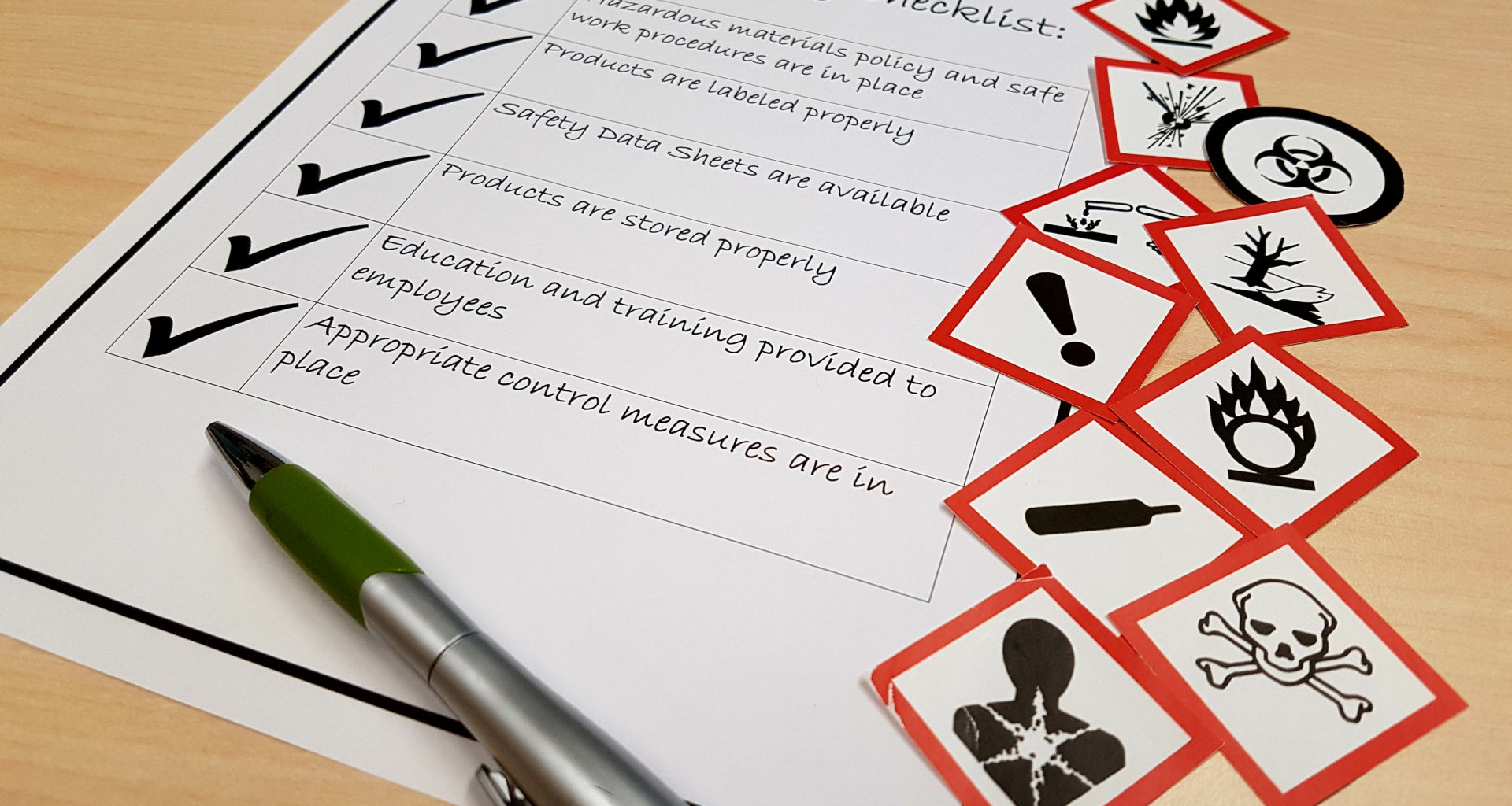A complete workplace risk assessment is critical to protect your employees and your business. Be proactive in identifying risks before you are forced to because of liability.
A thorough inspection of the work environment, equipment and systems must be done to determine potential hazards and to implement safety systems. Often, this inspection is timed to changes in activities or process or triggered by government regulations. Just as businesses are unique, so are their risk assessment details.
Workplace risks
A first step is determining what sort of risks are at play. Don’t just rely on your own observations. Seek the opinions and concerns of others. There are six types of workplace risks to consider:
- Safety hazards
- Biological hazards
- Physical hazards
- Ergonomic hazards
- Chemical hazards
- Workload hazards
Each hazard needs to be addressed in a deliberate and detailed manner. Now is not the time to cut corners. Take the time to look over these categories:
- Generic risk assessments: An overall evaluation to look at any factors that might be affecting safety.
- Substance risk assessments: This assessment is required for determining the risk associated with substances that are used, stored, or manufactured on-site.
- Digital and equipment risk assessments: Designed to measure the risk to employees and the company from using digital tools such as laptops, computers, screens, tablets, and smartphones.
- Manual handling risk assessments: This assessment determines potential injury or from activities such as lifting and carrying.
- Fire risk assessments: A workplace must have sufficient fire prevention and mitigation systems in place.
Consult the Occupational Safety and Health Administration (OSHA)’s industry-specific resources to ensure you are compliant.
Don’t forget to act against the threats
Once you know which dangers lurk in your workplace, don’t forget to act. Not only do you need to gather information through observation and seeking the opinions of others, but these details need to be analyzed to identify actionable safety steps. Questions to ask include how likely each risk is, the potential consequences of the hazards and which controls are in place to evaluate and implement the safety measures. A risk matrix can break down frequency and severity.
What’s next?
A good communication system needs to be in place to ensure all employees have the proper training and access to the tools to minimize risk. Successful risk management involves a top-down communication approach that includes a plan, allocated resources, accountability, and ongoing monitoring and adjustments.






